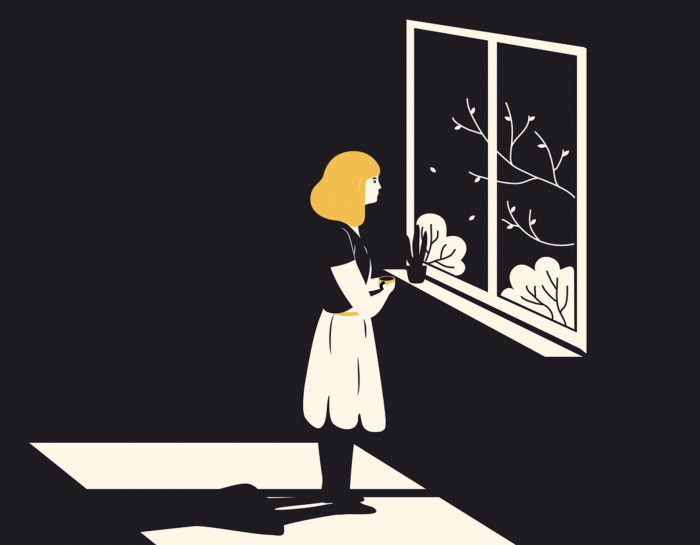You were always passionate, driven, and gregarious.
I was the wallflower—the one who hung back in a crowded room, more inclined to listen than speak.
You were outspoken, especially when you perceived that a great injustice had been done.
Your courage inspired me. I could barely imagine what it might be like to speak so freely, but you showed me that it was possible to be unapologetic and strong.
You taught me how to take a stand when I knew it was right, even when my knees shook, and I could barely place one foot in front of the other.
You were a great activist, cheering in the streets for change.
I fondly remember the many conversations we had about life, culture, and society. How we could do our best, in our own individual lives, to level the playing field and usher a greater sense of equality into the world.
We often spoke about governmental ineptitude, the blank faces of bureaucracy, and the dehumanisation of ticking endless boxes and presenting copious reams of paperwork to prove you were sick or impoverished enough to be granted aid.
The thing I remember most fondly about those conversations was the consideration you put into your words.
You were angry, yes, and you had good reason to be. You knew that many systems in society were set up in a way that barred certain groups of people from living their lives to the fullest. You were passionate. You knew that things needed to change. Yet you would also be meticulous in what you said and back up your words with powerful facts.
You knew about the importance of holding power to account.
When the pandemic began, we were confined to our homes. Suddenly. Without warning. We had precious little time to prepare. Our horizons shrank, and our hopes and dreams had to be put on hold.
During that time, we tried to arrange regular Zoom calls, during which we commiserated with one another. We voiced our frustration with some of the jumbled up policy decisions that were being made and the lack of transparency that was evident in certain quarters.
I can’t remember the exact moment when your sense of nuance faded away.
I know that as the weeks wore on and became months, the isolation began to wear away your sense of self. You were outgoing. You were proactive. You had never been keen on the idea of sitting at home, accompanied only by your own thoughts. You wanted to know why.
You were disinclined to trust the government, having protested so many times against the systemic inequality that they did little to prevent. How many times had you seethed over exorbitant bailouts and tax breaks for multinational corporations, at the expense of those who struggled to put nourishing food on the table or warm clothes on their backs?
You were determined to understand what was going on—to find some deeper meaning to world events and unearth something that would clearly explain them all.
I saw how you struggled, and your pain weighed heavily on my heart.
I remember when you first sent me a video that featured a red-faced man shouting about the corrupt global elite and their media machines. His eyes were alight with rage, his arms gesticulating more and more wildly as his speech went on. The video was accompanied by a copy-and-paste message urging me to forward it to everyone on my friend list, as the world needed to know the truth.
I didn’t forward it to anyone.
I wasn’t sure what to say. I sat with it for a while, then replied that I could easily understand the desire to ask questions, to dig deeper, to consider other narratives. I understood how media outlets would often skew their stories in favour of a particular viewpoint—influenced by the political leanings of those who owned them, or funded them, or paid them for advertising space.
But my gut feeling was that even if there might be a grain of truth to what this man was saying, I couldn’t believe every word of it—or even 10 percent of it. I knew that many of his statements were inaccurate.
And you were angry.
You told me I didn’t understand—that I hadn’t done enough research, that I was just blindly going along with what they wanted me to do, think, and feel.
That was the first time I could remember you saying that there is only one, solitary truth, one correct viewpoint. Competing narratives had no place in the version of reality that you were rapidly coming to occupy.
This became a common theme in all of our conversations from that day onward until they dwindled and died. You increasingly began to see the world only in terms of who was on your side and who was not.
You decided I was not.
But I still remember the friend who inspired me to be strong, the friend who showed me how to take a stand when I knew it was right, even when my knees shook, and I could barely place one foot in front of the other.
I hope to meet her again.
~


 Share on bsky
Share on bsky





Read 9 comments and reply